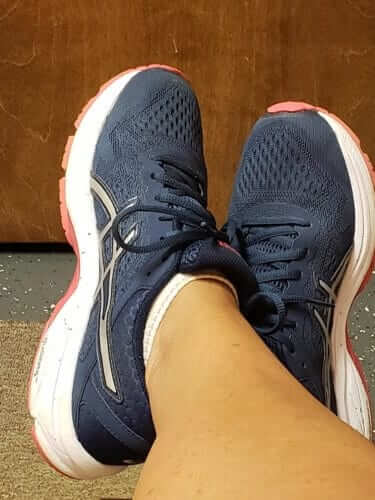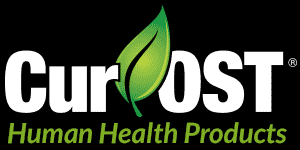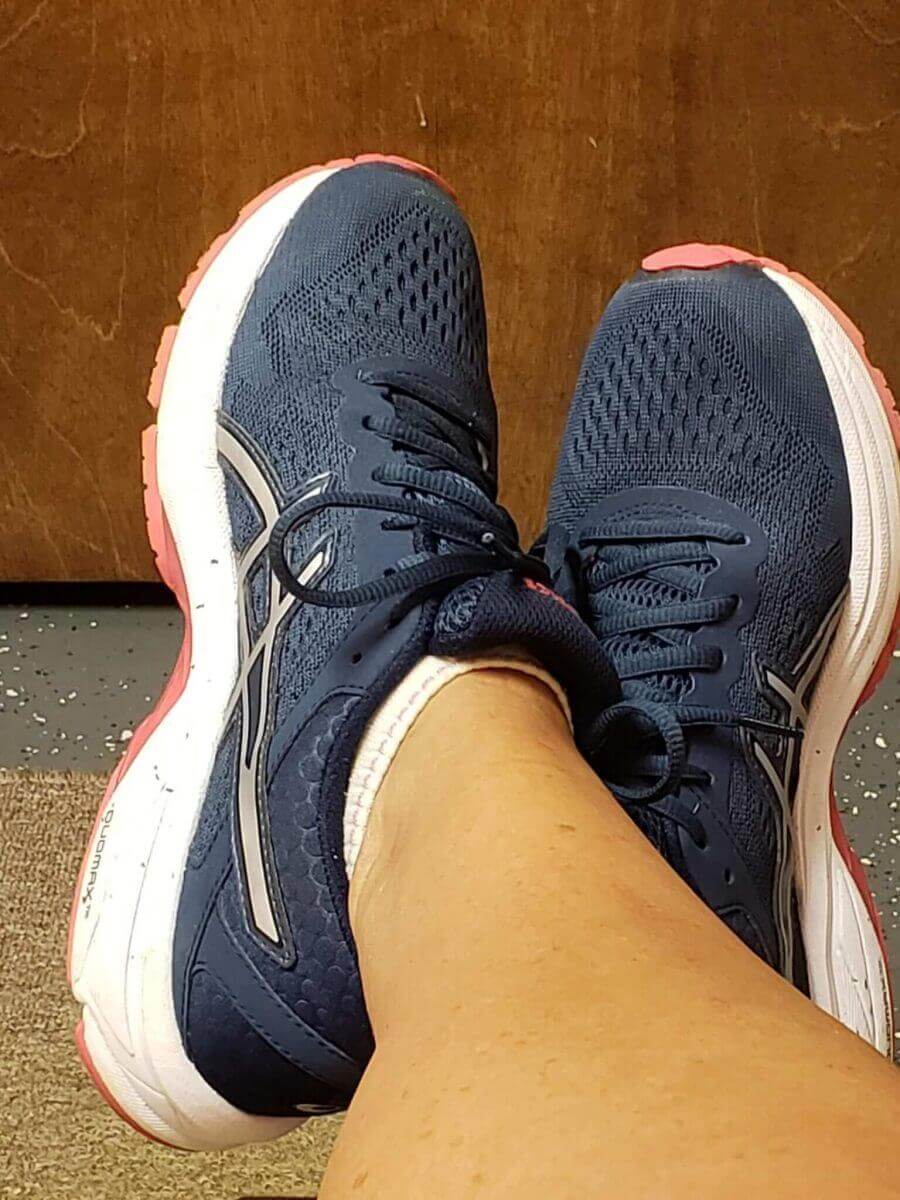Your feet. They’re the part of your body that you probably ignore most. Ignored but important. When you have healthy feet, you tend to take them for granted. Ladies, you might like to paint the nails, or have a professional pedicure, but that’s probably the most attention they get.
Although they are invariably small compared to the rest of your body, they were designed to support you and keep you moving. Most people use them for daily exercise: walking, running, aerobics, Zumba, even powerlifting. When they are healthy, they don’t complain about their job at all. But when they are ignored or mistreated, you feel it. Big time.
Some problems feet can have are: arthritis, falling arches, or no arches (flat feet), gout, plantar fasciitis, and bunions. Some of these problems are genetic but some of them develop due to overuse and lack of proper care. We simply ignore them until they scream out for our attention.
Ways to Maintain Healthy Feet
Three things will help keep your feet (and body) feeling good.
- A healthy diet to keep your weight healthy
- Proper foot support
- Inflammation control
First and foremost, keep your body at a healthy weight. You don’t have to look like a model. You don’t even have to be thin. But your body needs to be in proportion with your feet in order to keep from overburdening them.
The best way to maintain a healthy weight is to eat a balanced diet. This is a simple thing that we tend to complicate. A balanced diet means eating more of the foods that support the entire body. It does not mean always giving in to your cravings and taste buds. It should include mostly vegetables, moderate, lean protein sources and variable starches, depending on how much energy you expend during the day. In that order.
Feet Need Nutrition Too
Most people plan their meals around the protein source (meat). To accent, they choose one or two starches, such as potatoes or grain. Then, they consider what vegetable to add as an afterthought. It’s really kind of backwards, considering that protein sources and starches are more limited in the vital nutrients our bodies need in comparison to the many vegetables we have available.
Hundreds of studies are available showing that a vegetable-based diet provides ample nutrients to support the complex mechanisms of the entire body. Protein is extremely important, but it’s not limited to meat only. Many non-meat choices provide protein requirements with ease. This doesn’t make meat bad. It’s definitely not! There’s nothing like having the perfectly seasoned steak, cooked just so it practically melts in your mouth. But not all people prefer that, in fact, some people think it’s downright disgusting. No problem. But if you love meat, don’t get hung up on it and go overboard. It’s a dangerous road that can lead to many health problems. Foot pain is one of them.
If you look at the list of all of the nutrients your body needs on a daily basis, you will see that protein is extremely important. However, it cannot do the whole job. It takes small portions of meat to provide your daily requirement of protein, but three times as much vegetables to provide all the rest of the vitamins and minerals that are missing. Put more emphasis on your vegetables and you may see a huge difference in more than just your weight.
Support Your Feet So They Can Support You
Any professional will tell you that shoes are extremely important when making an impression in business. Ask any female professional and she will tell you that usually the most attractive professional shoes are also the most painful. Who wants to wear 6-inch heels every day and then spend most of that day on their feet? Wearing shoes that are pretty are one thing but relying on your feet to stay energized while supporting your body in those shoes can be agonizing.
Even flat shoes can be harmful if your feet need more support. Flat sandals or thongs may be easy to choose when it’s a warm day, but if they have no support, your feet may end up hurting just as badly. And remember the Converse tennis shoes? They may be vintage, but they still don’t offer the arch support that many people need. The same goes with most dress-casual shoes like penny-loafers and slip-ons.
Luckily, the choices for shoes are numerous and many of them provide better, if not complete, support. Shoes with different types of arch and heel support come in many styles that would rival the common professional shoe of choice. Shoes can also come specialized. They’re designed specifically for the support your feet need. By far, choosing the right footwear is the easiest and quickest way to give your feet relief. If you know what your feet need in terms of support, then it’s much easier to choose the right shoes.
Feet Need Pampering!
Your feet need physical therapy for all they work they do. They already get plenty of exercise each day. The busier you are, the more of a workout they get. At the end of the day, they need some attention, even if you don’t realize it.
Stretching your feet every day will stretch their health. Not sure how to stretch your feet? If you stretch your hamstrings, you generally end up stretching your feet. This is a good stretch to keep the fascia connecting your heel to the front of your foot healthy and happy. It’s a necessary stretch if you have plantar fasciitis. If you get out of bed in the morning, taking your first step and your heel shoots pain immediately to your brain, you know you probably have plantar fasciitis and you need to stretch!
Foot massages aren’t just for couples. Actually, you don’t need a significant other to give your foot a massage. You just need a tennis ball or maybe a can or bottle that you can roll under your foot for about 10 minutes each day. It feels really good, especially on tired feet that have just worked hard all day.
Inflammation Control From Head to Toe
Whether or not you already have foot problems, controlling inflammation throughout your body is essential. Inflammation is a good thing. Without it, we wouldn’t be able to heal our cuts or fight off infection. But you don’t want it to get out of control. When it’s out of control, it creates chaos, and we end up suffering. A lot.
If you are already eating a healthy, balanced diet, you are well ahead of the curve. Nutrition is the most important thing you can do to keep inflammation at a healthy level. But sometimes, your body needs more support due to stress or injury. Anti-inflammatories can be very helpful in this situation, but what kind?
NSAIDS are great anti-inflammatories for short-lived injuries. They block a specific inflammatory pathway that helps to bring immediate relief for this purpose. They are not a good choice when you’re trying to maintain a healthy inflammatory process. Ibuprofen, Acetaminophen, and Naproxen are all popular NSAIDS that bring relief from injuries but can result in some serious side effects when used long-term.
Herbs are excellent alternatives that help maintain a healthy inflammatory response all while adding anti-oxidants to fight free radicals. Curcumin, boswellia, ginger, Vitamin C, garlic, and honey are just a few alternatives that are safe to take every day and contribute to healthy inflammation. They work in a way that NSAIDS cannot. Instead of blocking completely one inflammatory pathway, they inhibit several without the complete blockage and the side effects. Many of our Cur-OST products, like HU Pure, offer these herbs just for this purpose.
Educate yourself!
Knowing how much of any of these ingredients is the key to achieving the goal of balance. There’s not a “one size fits all” therapeutic amount, no matter what the advertisements say. It’s dependent on your unique body and its individual requirements. Experimentation is generally safe with a little education on the herb and what your body needs.
To get started on learning how much your body needs, you need to explore the studies to find out what the experts used. Two reliable resources available are: www.pubmed.gov or Google Scholar. All you have to do is type in the ingredient, herb, food or compound in the search bar and whatever specific body condition you are interested in. If there’s been any research done, it will show up. Some articles require a membership, but a lot of them are free to the public.
The more you learn about your body type, what it needs, and what foods and herbs can support it, the better your whole body will feel. You can’t just rely on what the latest fad TV doctor tells you because they don’t know you the way you do. Just because you’re overweight doesn’t make you fat and unhealthy. Just because you’re skinny doesn’t make you healthy, either. Your body needs you to feed it with real food and real nutrients. Sometimes One-A-Day just doesn’t cut it.
Happy Feet = Happy Body
There’s a lot to be said about having a happy body. It’s my experience that when my feet are happy, the rest of my body feels pretty good, too. I know this isn’t the case for every person who reads this. After all, our bodies can be complicated, but I do know that if you care for your feet purposefully, you will reap benefits.
After years of having to deal with arthritis in my ankle, gout in my foot and then plantar fasciitis, I think I have a working knowledge of keeping a healthy foot. Not every day is perfect. As a matter of fact, as I write this, my right heel is aching. It’s actually what spurred me to write in the first place. No one is exempt from the possibility of pain. But everyone can arm themselves to prevent the pain from getting out of control and wreaking havoc.
Know Your Body
Dr. Schell has done this with his research in horses. He is continually learning about their body types and what foods/herbs work for them as individuals. No two horses are the same, but they tend to be very similar. People are that way, too. With horses, we first distinguish whether they are easy-keepers or hard-keepers. In my opinion, I think people are that way too. I know that if I were a horse, I would be an easy-keeper for sure. I always tell my customers that if I just look at the cake, I gain the weight (and it’s true!).
Change your focus on what you plan your meals around and make sure vegetables are center-stage. Eat the chocolate, but make sure you don’t go overboard. It’s taken me a long time to be able to exercise this discipline, so I know how hard it is when you’re addicted. Make sure your meal before the chocolate is so full of nutrients and fills your stomach that your taste buds no longer dictate your actions.
When you have a good understanding of what your body (and feet!) needs to stay healthy, you will be able to focus on all those other things that you love. You’ll be confident that whatever goes into your mouth will fuel your body and you won’t be miserable afterwards. You’ll know the importance of pampering your feet even when they don’t hurt. You’ll supplement with the right herbs to help fight inflammation and fill in any discrepancies lacking from your diet. When you’re on top of these things, your feet will be up for anything you choose to do on any given day.
Here’s to your feet!
Molly


